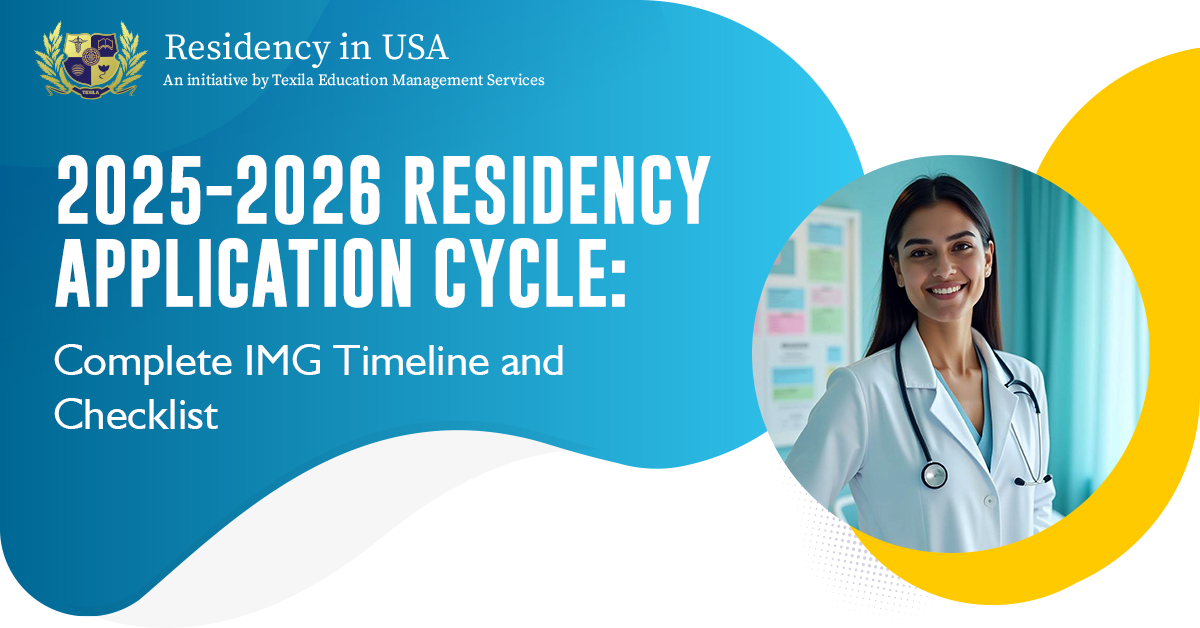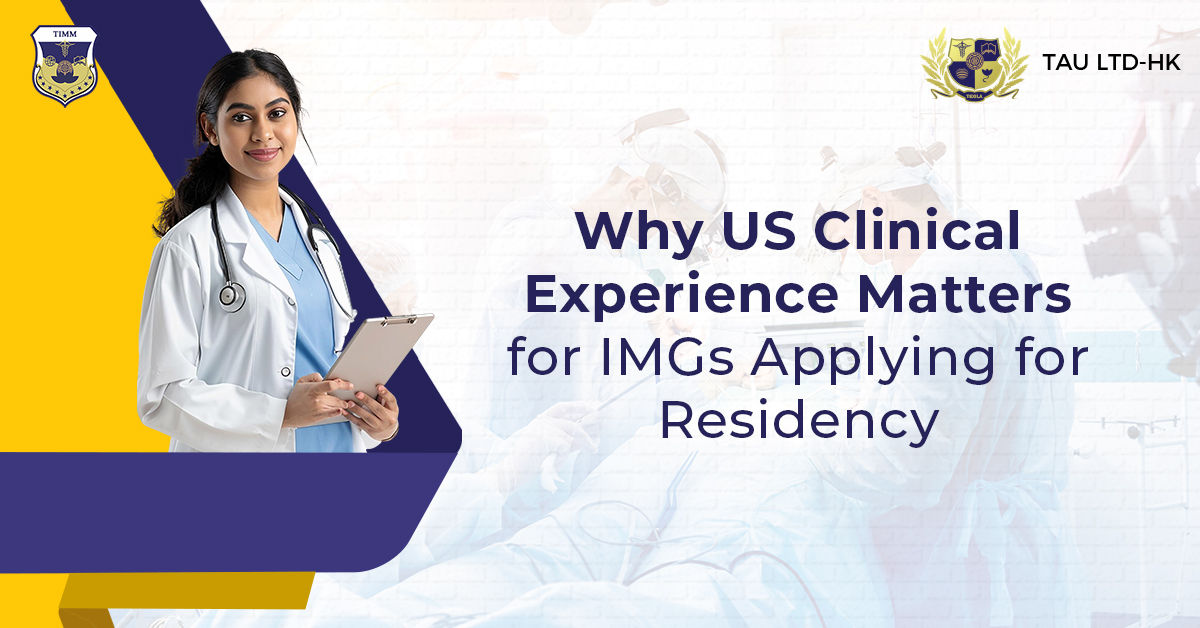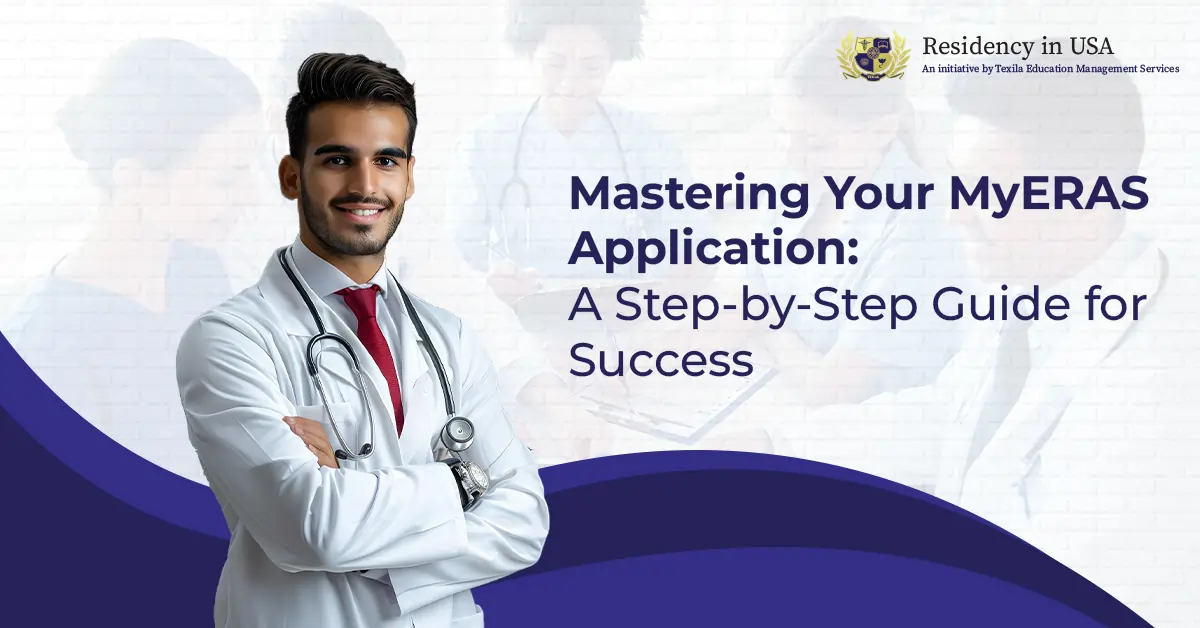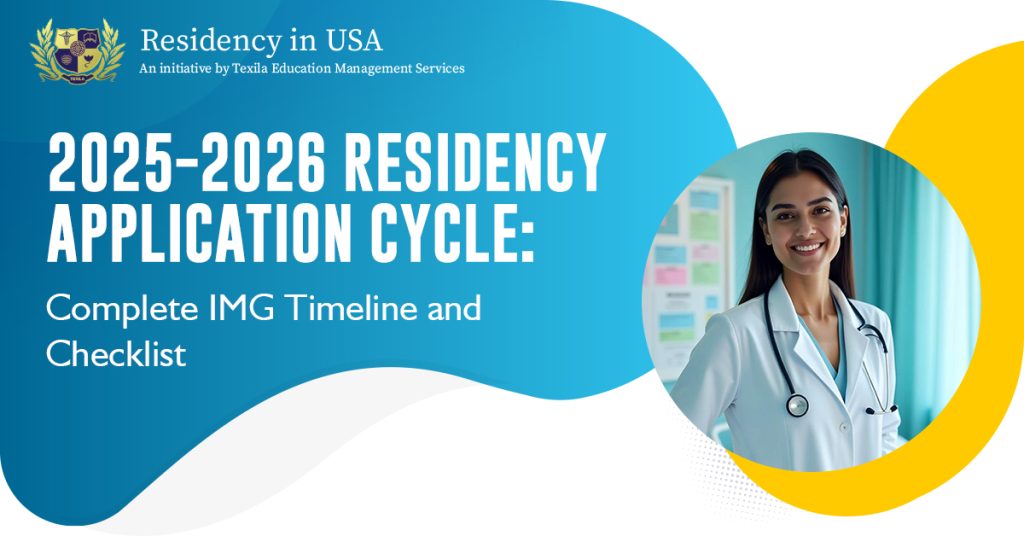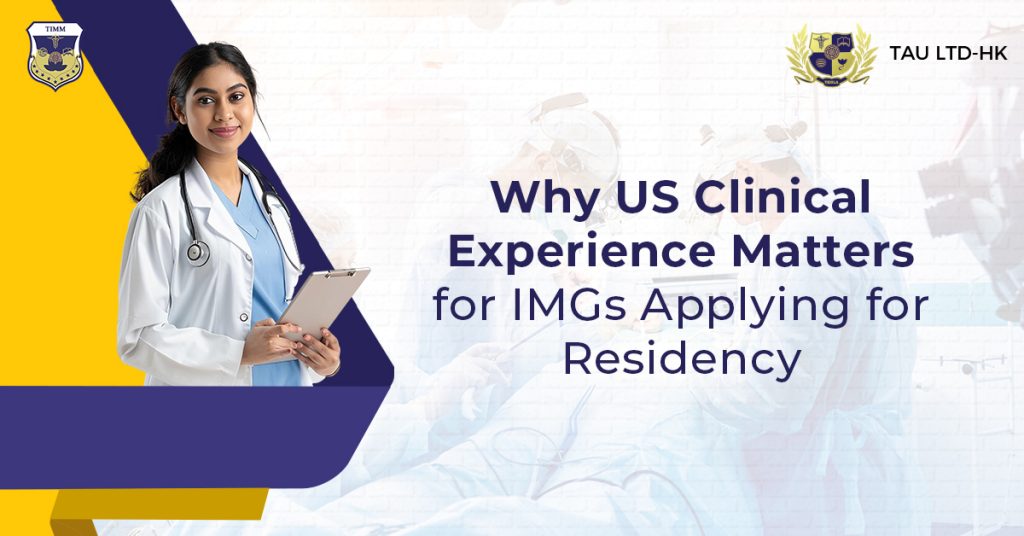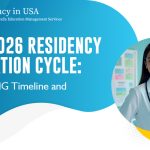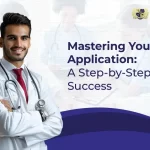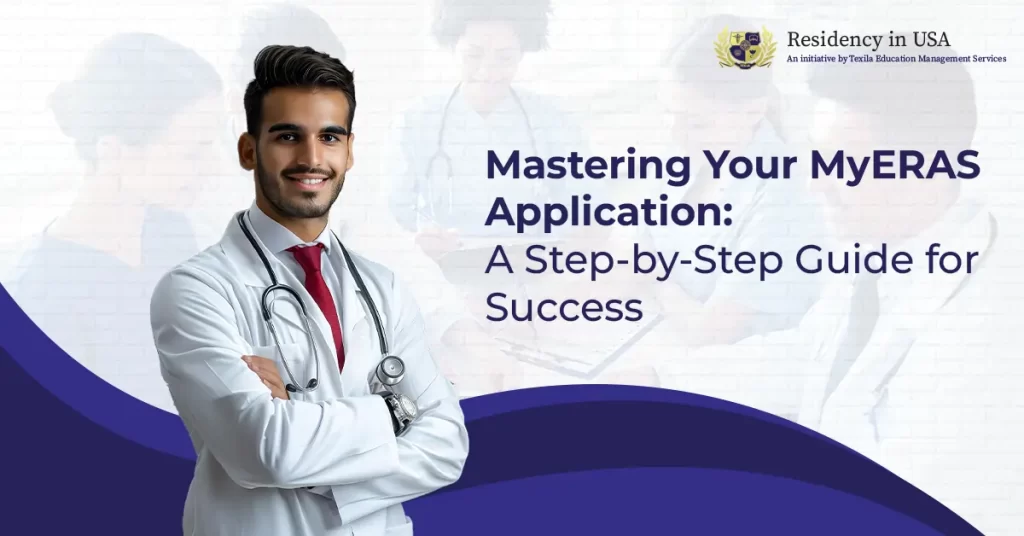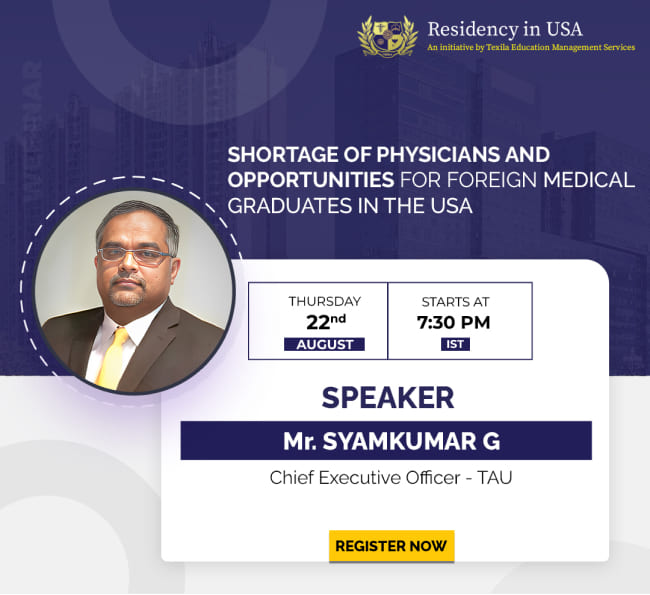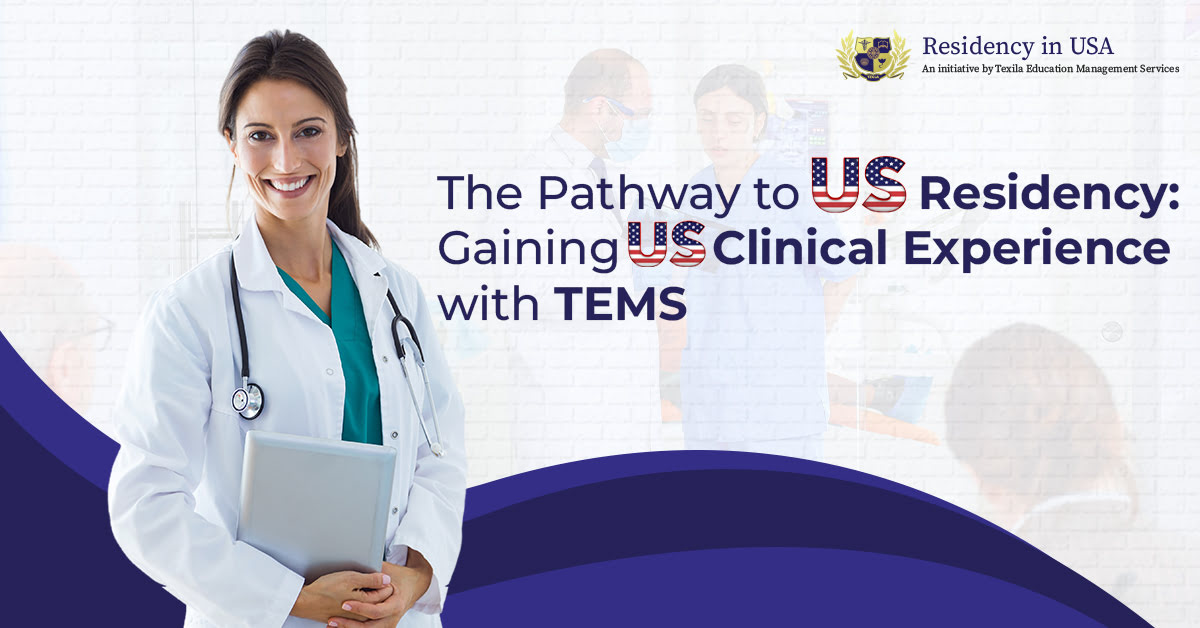2025–2026 Residency Application Cycle: Complete IMG Timeline and Checklist
Why US Clinical Experience Matters for IMGs Applying for Residency
2025–2026 Residency Application Cycle: Complete IMG Timeline and Checklist
Why US Clinical Experience Matters for IMGs Applying for Residency
2025–2026 Residency Application Cycle: Complete IMG Timeline and Checklist
Why US Clinical Experience Matters for IMGs Applying for Residency
2025–2026 Residency Application Cycle: Complete IMG Timeline and Checklist
Why US Clinical Experience Matters for IMGs Applying for Residency
2025–2026 Residency Application Cycle: Complete IMG Timeline and Checklist
Why US Clinical Experience Matters for IMGs Applying for Residency
Mastering Your MyERAS Application: A Step-by-Step Guide for Success
2025–2026 Residency Application Cycle: Complete IMG Timeline and Checklist
Why US Clinical Experience Matters for IMGs Applying for Residency
2025–2026 Residency Application Cycle: Complete IMG Timeline and Checklist
Blog Summary
International Medical Graduates (IMGs) face unique challenges when applying for U.S. residency programs. The 2025–2026 application cycle demands careful preparation, from licensing exams and document collection to ERAS submission and interviews. This complete timeline and checklist guide IMGs through each step—from early preparation in late 2024 to Match Week in March 2026—ensuring nothing is overlooked on the journey to securing a U.S. residency position.
- Introduction
- Step-by-Step Timeline for IMGs
- January–March 2025 – Building Competitiveness
- April–June 2025 – Application Document Finalization
- July–August 2025 – Pre-Submission Phase
- September 2025 – Application Launch
- October–December 2025 – Interview Season
- January–February 2026 – Ranking Phase
- March 2026 – Match Week
- Key Challenges for IMGs in 2025–2026
- Pro Tips for Success
- Conclusion
- FAQs
Introduction
For International Medical Graduates (IMGs), securing a U.S. residency is a major milestone and often the gateway to practicing medicine in the United States. The process is competitive, detail-oriented, and spans more than a year, with structured deadlines. Unlike U.S. medical students who benefit from in-school guidance, IMGs must independently navigate credentialing, licensing, and documentation hurdles.
The 2025–2026 residency application cycle is already underway, with key milestones beginning in late 2024. By following a month-by-month ERAS application for IMGs timeline and checklist, IMGs can strategically prepare for each stage, maximize their competitiveness, and avoid last-minute obstacles.
Step-by-Step Timeline for IMGs
Late 2024 – Early Preparation (October–December 2024)
- Finalize USMLE Steps: Ideally, IMGs should complete USMLE Step 1 and Step 2 CK before the application year begins. Pending exams should be scheduled no later than early 2025.
- English Proficiency Tests: Non-native English speakers planning to sit for USMLE Step 2 CS substitutes (e.g., OET Medicine) should complete them now.
- ECFMG Certification Progress: Begin or continue the ECFMG certification process 2025, ensuring transcripts and diplomas are submitted.
- Research Programs: Create a shortlist of residency programs that accept IMGs—note requirements such as U.S. clinical experience, visa sponsorship, and application cutoffs.
Checklist
✔ Register for remaining USMLE exams
✔ Begin credential verification with ECFMG
✔ Research IMG-friendly programs
✔ Draft personal statement outlines
January–March 2025 – Building Competitiveness
- U.S. Clinical Experience (USCE): Apply for observerships, externships, or electives in U.S. hospitals. Programs strongly value direct U.S. experience.
- Letters of Recommendation (LoRs): Request LoRs from U.S. physicians during clinical rotations. Strong letters significantly boost IMG applications.
- Update CV: Document all recent academic, clinical, and volunteer activities.
- Start Personal Statement Drafting: Tailor statements for different specialties if applying broadly.
Checklist
✔ Secure observership or externship placements
✔ Collect U.S.-based LoRs
✔ Update CV and resume
✔ First draft of personal statement
April–June 2025 – Application Document Finalization
- ERAS Token & Setup: The Association of American Medical Colleges (AAMC) releases ERAS tokens via ECFMG for IMGs in May. Register early.
- ERAS Application Preparation: Begin filling out the work, education, and experience sections on ERAS.
- Finalize Personal Statement: Refine drafts and get them reviewed by mentors or professional editors.
- USMLE Step 3 Consideration: While not required, Step 3 completion improves chances, especially for those needing visas.
Checklist
✔ Obtain ERAS token
✔ Draft ERAS application
✔ Finalize personal statement
✔ Decide whether to attempt Step 3 before Match
July–August 2025 – Pre-Submission Phase
- ERAS Document Upload: Upload LoRs, medical school transcripts, MSPE (Dean’s Letter), and personal statement to ERAS.
- Photo & Certifications: Upload a professional ERAS photo and ensure ECFMG certification progress is on track.
- Program Research Deep Dive: Finalize the list of residency programs and note deadlines.
Checklist
✔ Upload transcripts, LoRs, and MSPE
✔ Confirm ECFMG certification status
✔ Choose programs for application
✔ Prepare ERAS photo
September 2025 – Application Launch
- September 3, 2025: ERAS opens for application submission.
- September 17, 2025: Programs begin reviewing applications. Applying early improves visibility.
Checklist
✔ Submit ERAS application as early as possible
✔ Apply to a broad range of programs (including IMG-friendly ones)
✔ Monitor ERAS message center for communications
October–December 2025 – Interview Season
- Interview Invitations: Programs start sending invites from October onward. Respond promptly; spots fill quickly.
- Mock Interviews: Practice with mentors or IMG networks to improve performance.
- Virtual Interview Preparedness: Test technology setups, backgrounds, and professional attire.
- Track Invitations: Maintain a calendar to avoid double-booking interviews.
Checklist
✔ Accept invitations quickly
✔ Prepare answers for common residency questions
✔ Maintain interview schedule
✔ Continue engaging in clinical or volunteer work
January–February 2026 – Ranking Phase
- NRMP Registration: Register for the National Resident Matching Program (NRMP) if not already done.
- Rank Order List (ROL): Submit program rankings based on preference and realistic match chances.
- Second-Look Visits: If feasible, schedule follow-up visits to programs of high interest.
- Backup Options: Explore non-clinical roles or research fellowships in case of unmatched status.
Checklist
✔ Register with NRMP
✔ Submit ROL before deadline (late February)
✔ Consider second-look visits
✔ Prepare an unmatched contingency plan
March 2026 – Match Week
- March 16, 2026 (Monday): Applicants learn if they matched.
- March 17–20, 2026: SOAP (Supplemental Offer and Acceptance Program) runs for unmatched applicants.
- March 20, 2026 (Friday): Match Day reveals residency placements.
Checklist
✔ Prepare for Match Week announcements
✔ Participate in SOAP if unmatched
✔ Celebrate Match Day or pivot to a backup plan
Key Challenges for IMGs in 2025–2026
- Visa Issues – Most IMGs need J-1 or H-1B visas, requiring early planning.
- ECFMG Certification Delays – Missing documents or slow verification can derail applications.
- Competition – With U.S. MD and DO applicants increasing, IMGs must demonstrate strong clinical experience and LoRs.
- Financial Burden – Exam fees, ERAS applications, and travel for interviews create high costs. Budgeting in advance is essential.
Pro Tips for Success
- Apply to a wide range of programs, not just competitive specialties.
- Network through alumni and IMG associations to get program insights.
- Prioritize U.S.-based LoRs over home-country recommendations.
- Kick off your preparations at least 12 months in advance to avoid rushing.
Conclusion
The U.S. residency application process is demanding for IMGs, but a well-structured IMG residency timeline 2025–2026 can simplify the journey. From completing USMLE exams and ECFMG certification process 2025 to preparing the ERAS application for IMGs and submitting program rankings, every step is vital. With preparation, persistence, and resilience, IMGs can navigate the cycle successfully and take a defining step toward their medical careers in the United States.
FAQs
Why US Clinical Experience Matters for IMGs Applying for Residency
Blog Summary
For International Medical Graduates (IMGs), obtaining a residency position in the United States is a highly competitive journey. One of the most critical differentiators in a strong residency application is the US Clinical Experience (USCE). This blog explores why USCE is essential, what types of experience count, and how platforms like ResidencyinUSA can guide IMGs in finding high-quality rotations, improving their chances of matching successfully.
- Introduction
- 1. What Is US Clinical Experience (USCE)?
- 2. Why Is USCE Crucial for Residency Applicants?
- 3. Types of US Clinical Experience: Which One Should You Choose?
- 4. How Much USCE Is Enough?
- 5. Overcoming Common Barriers to Getting USCE
- 6. Real-World Benefits: How USCE Helps During the Match
- 7. When Should IMGs Start Planning for USCE?
- 8. Why Choose ResidencyinUSA for Your USCE Journey?
- USCE vs Home Country Clinical Experience – What’s the Difference?
- Tips to Maximize Your USCE
- FAQs
- Conclusion
Introduction
Each year, thousands of International Medical Graduates dream of beginning their postgraduate medical careers in the United States. However, entering a US residency program is more than just about passing the USMLE Step 1 and Step 2 CK. One of the most frequently overlooked—but essential—components of a competitive application is the US Clinical Experience (USCE).
Whether you’re an IMG from India, Nigeria, the Caribbean, or the Philippines, getting hands-on clinical exposure in a US healthcare setting demonstrates your adaptability, communication skills, and familiarity with the American healthcare system. Programs often use USCE as a litmus test to determine whether an IMG can thrive in a fast-paced US hospital environment.
1. What Is US Clinical Experience (USCE)?
USCE refers to any direct or indirect patient care exposure obtained by an IMG in a US medical facility. It typically includes:
- Clerkships or electives during medical school
- Externships after graduation
- Observerships (shadowing physicians without direct patient interaction)
- Research roles with clinical exposure
Residency programs generally prefer hands-on USCE, such as externships or sub-internships, where the IMG participates in patient care under supervision.
2. Why Is USCE Crucial for Residency Applicants?
Demonstrates Familiarity with US Healthcare Standards
Residency directors want assurance that you can adapt to EMR systems, HIPAA regulations, multidisciplinary teamwork, and clinical documentation standards in the US. USCE proves that you’re ready.
Improves Your Letters of Recommendation (LoRs)
Strong LoRs from US physicians carry much more weight than those from overseas. A good USCE program allows you to build professional relationships and earn LoRs that reflect your strengths, clinical aptitude, and fit for residency.
Shows Commitment to Practicing in the US
By taking the time and effort to secure USCE, you’re demonstrating that you’re serious about integrating into the US system—not just “testing the waters.”
Enhances Your CV and Personal Statement
Clinical experience gives you firsthand stories, insights, and competencies to share in your statements and interviews, helping you stand out from other IMGs.
Helps You Choose the Right Specialty
Through USCE, you can rotate in different departments—Internal Medicine, Family Medicine, Psychiatry, and Pediatrics—and confirm where your passion lies before applying.
3. Types of US Clinical Experience: Which One Should You Choose?
| Type | Hands-On | Duration | Who Is Eligible? | Best For |
| Clerkships | Yes | 4–8 weeks | Medical students | Gaining early exposure |
| Externships | Yes | 4–12 weeks | Recent graduates | Strengthening LoRs & skills |
| Observerships | No | 2–4 weeks | Graduates or students | Learning US systems |
| Research + Clinical | Maybe | Variable | Graduates & students | Academic track, LoRs potential |
Pro Tip: Hands-on externships carry the most weight during the Match. Use ResidencyinUSA to find accredited externship opportunities in your preferred speciality.
4. How Much USCE Is Enough?
While there’s no strict requirement, most residency programs expect at least the following:
- 2–3 months of recent USCE
- At least 1 US-based Letter of Recommendation
- Relevant experience within 1–2 years of applying
If you’ve gained solid USCE, Internal Medicine and Family Medicine are among the most IMG-friendly specialities to consider.
5. Overcoming Common Barriers to Getting USCE
Many IMGs struggle to secure USCE due to:
- Visa restrictions
- Lack of connections
- High program fees
- Limited availability in major cities
ResidencyinUSA helps bridge this gap by offering:
- Verified USCE listings by specialty and state
- Affordable clinical externships and observerships
- Guidance on LoR requests, visas, and CV preparation
- One-on-one mentorship from previous Match applicants
6. Real-World Benefits: How USCE Helps During the Match
Here’s how USCE plays a critical role during the actual residency application process:
Stronger ERAS Applications: Programs see the US experience and view you as “less risky.”
Better Interviews: Your experience gives you real clinical cases to discuss.
Improved Ranking Chances: Programs are more likely to rank candidates who have trained locally and come with strong recommendations from US-based institutions.
7. When Should IMGs Start Planning for USCE?
Ideally, you should begin planning for USCE at least 12–18 months before applying for residency. This gives you time to:
- Apply for visas (if needed)
- Research and schedule rotations
- Complete Step 1 or Step 2 CK
- Prepare documents for ERAS and LoRs
8. Why Choose ResidencyinUSA for Your USCE Journey?
ResidencyinUSA is a trusted platform helping IMGs navigate their US residency journey with confidence. Here’s what sets it apart:
- Access to verified clinical rotation programs across specialities
- Transparent pricing with no hidden fees
- Resources for USMLE, ERAS, and Match guidance
- Testimonials from successfully matched IMGs
- Support from real physicians who’ve walked the same path
Whether you’re just starting or refining your Match strategy, ResidencyinUSA is your all-in-one partner for clinical readiness and residency success.
USCE vs Home Country Clinical Experience – What’s the Difference?
While medical graduates from overseas often have substantial clinical experience in their home countries, the US healthcare system is fundamentally different:
| Criteria | Home Country Experience | US Clinical Experience |
| Documentation | Paper-based, varies by country | Standardized EMR and SOAP notes |
| Workflow | Doctor-led or hierarchical | Multidisciplinary, patient-centred |
| Communication | Focus on physician directives | Heavy on team collaboration, patient education |
| Legal & Ethical | Country-specific norms | HIPAA, informed consent, malpractice awareness |
Tips to Maximize Your USCE
To get the most out of your rotation:
- Be proactive: Volunteer to present cases or lead discussions.
- Ask for feedback: It shows initiative and helps improve your performance.
- Network: Build rapport with attendings and residents—they may recommend you later.
- Keep a journal: Document key patient interactions and lessons learned to reference during interviews.
FAQs
Conclusion
US Clinical Experience is more than a checkbox—it’s your bridge to understanding American hospital culture, patient safety standards, and evidence-based care. When you step into a US hospital, you’re not just building skills—you’re building confidence, relationships, and credibility. For International Medical Graduates, the path to residency can seem daunting, but we provide the Support, tools, and clinical connections needed to succeed.Whether you’re preparing your ERAS application, looking for affordable externships, or seeking LoR strategies—ResidencyinUSA is your trusted partner on the journey to Match Day.
2025–2026 Residency Application Cycle: Complete IMG Timeline and Checklist
Why US Clinical Experience Matters for IMGs Applying for Residency
2025–2026 Residency Application Cycle: Complete IMG Timeline and Checklist
Why US Clinical Experience Matters for IMGs Applying for Residency
Mastering Your MyERAS Application: A Step-by-Step Guide for Success
My learning experience has been very good. The modules are updated & educative. Good Learning Platform.

Chinyerezi Kepenya
I am proud to earn my degree bin distance mode because the standard is high, & its technology uses in education equates with global trend in technological advancement.

Iquo Okon Williams
My learning experience has been very good. The modules are updated & educative. Good Learning Platform.

Chinyerezi Kepenya
I am proud to earn my degree bin distance mode because the standard is high, & its technology uses in education equates with global trend in technological advancement.

Iquo Okon Williams
My learning experience has been very good. The modules are updated & educative. Good Learning Platform.

Chinyerezi Kepenya
I am proud to earn my degree bin distance mode because the standard is high, & its technology uses in education equates with global trend in technological advancement.

Iquo Okon Williams

My learning experience has been very good. The modules are updated & educative. Good Learning Platform.
Chinyerezi Kepenya

I am proud to earn my degree bin distance mode because the standard is high, & its technology uses in education equates with global trend in technological advancement.
Iquo Okon Williams
My learning experience has been very good. The modules are updated & educative. Good Learning Platform.

Chinyerezi Kepenya
I am proud to earn my degree bin distance mode because the standard is high, & its technology uses in education equates with global trend in technological advancement.

Iquo Okon Williams
My learning experience has been very good. The modules are updated & educative. Good Learning Platform.

Chinyerezi Kepenya
I am proud to earn my degree bin distance mode because the standard is high, & its technology uses in education equates with global trend in technological advancement.

Iquo Okon Williams

